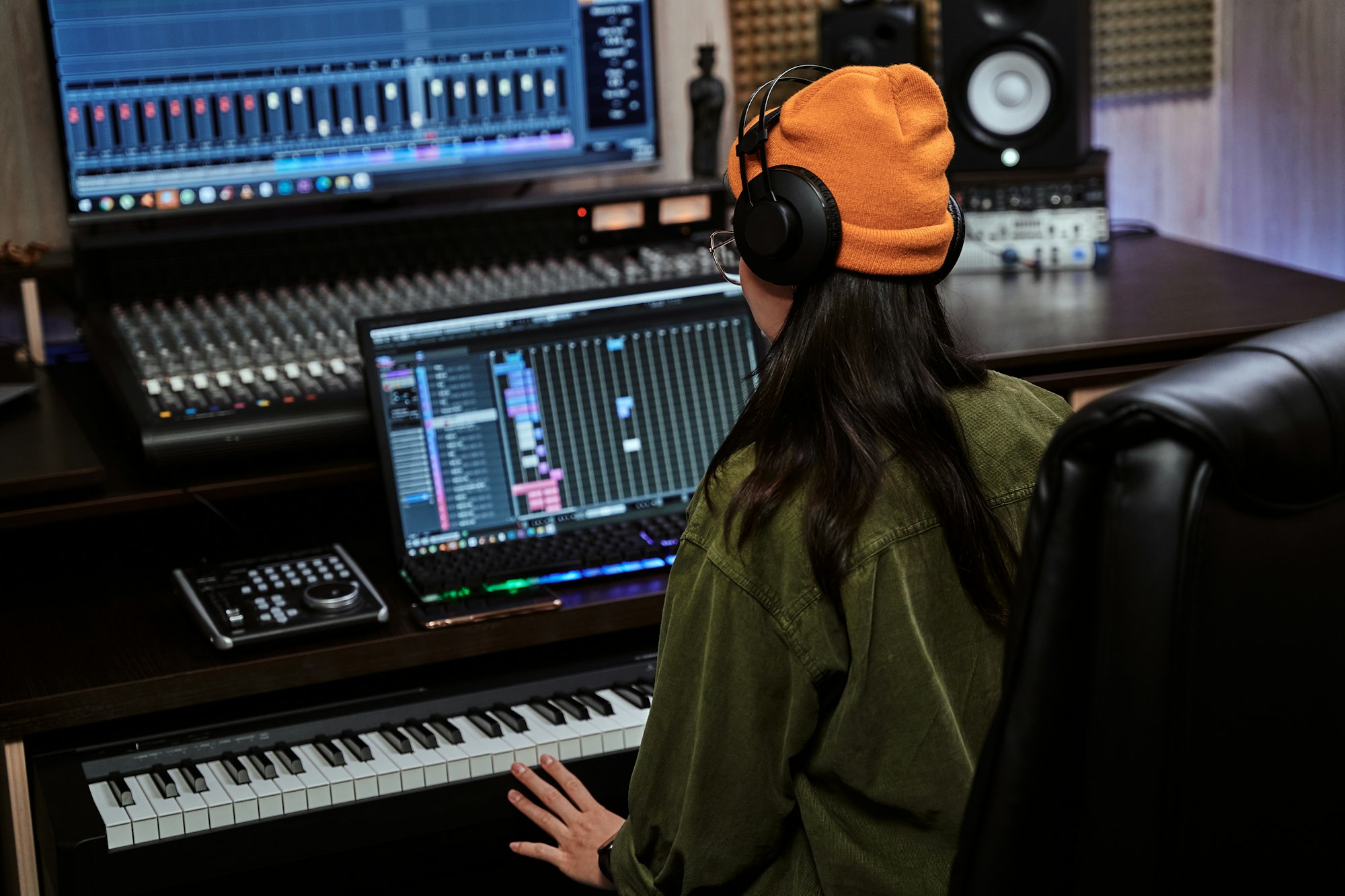Synthesizers are like the Swiss Army knives of the music world—they’ve radically transformed music across genres, from electronic to pop, rock, and everything in between. Thanks to these nifty gadgets, musicians can dive into entirely new soundscapes and push the boundaries of traditional music.

The Dawn of the Synthesizer Era
Synthesizers didn’t just appear out of thin air. They date back to the mid-20th century when innovators like Robert Moog and Don Buchla crafted the first models that were commercially sold. These early synthesizers were massive and complex, but they laid the groundwork for modern music tech. Icons like Wendy Carlos and Kraftwerk took these tools and ran with them, using synthesizers to craft new sounds that caught everyone’s ears, especially with albums like Switched-On Bach.
Synth Tech Evolution: Compact Powerhouses
As tech got better, synthesizers shrunk in size but grew in capabilities. By the 1980s, digital synthesizers like the Yamaha DX7 came onto the scene, using new tech methods like frequency modulation synthesis to create richer sounds. This era also kicked off sampling—where you could take a recording of any sound and tweak it on a synthesizer to make something unique.
Designers have been crucial in this evolution. They work closely with musicians to make synths that are easy to use and packed with new features. Modern legends in the design world, like Dave Smith from Sequential Circuits and companies like Roland and Moog Music, keep pushing the envelope to keep synths fresh and exciting.
A Symphony of Genres: The Synthesizer’s Role
From the 70s and 80s onward, synthesizers have been pivotal in shaping entire music genres. They’re staples in electronic, techno, and house music, thanks to pioneers like Kraftwerk, Depeche Mode, and Giorgio Moroder. More recently, synths have found their way into hip-hop, pop, and indie music, used by artists like Daft Punk, Radiohead, and Billie Eilish to blend electronic sounds with traditional music styles.
Synths aren’t just for the studio; they’re also a hit in live performances. Many bands mix synths with regular instruments to amp up their sound and give audiences a richer experience.
The Rise of DIY Synths and Modular Systems
Lately, there’s been a resurgence in modular synthesizers—custom-built setups where each part can be handpicked and assembled. This trend is big in the DIY community, where people love crafting unique instruments for one-of-a-kind sounds. Artists like Kaitlyn Aurelia Smith and Suzanne Ciani are at the forefront, exploring the vast sonic possibilities of modular synths.
The Future Sounds Bright: Innovations in Synthesizer Design
Today’s synthesizers are smarter and more capable than ever, blending cutting-edge tech like artificial intelligence and digital signal processing. Some of the newest synths can even learn from a musician’s style to suggest new sound tweaks, making them highly personalized creative tools.
Synthesizers continue to be a driving force in the evolution of music, providing endless opportunities for creativity and innovation. As technology marches on, the role of synthesizers in music is set to grow even bigger, ensuring they stay at the heart of the music scene.

FAQs: Exploring the Impact of Synthesizers in Modern Music
1. What exactly is a synthesizer?
A synthesizer is an electronic instrument that generates audio signals to create music. It can mimic sounds like pianos and violins, or create entirely new sounds that can’t be produced by traditional instruments. Synthesizers can be controlled with keyboards, computer software, or even through modular setups where you connect different components to customize sounds.
2. Why did synthesizers become so popular in music production?
Synthesizers became popular because they offer immense flexibility and creativity in sound production that isn’t possible with traditional instruments. They allow musicians to experiment with a vast range of sounds and effects, contributing to the development of new music genres and styles. Their ability to replicate and manipulate sounds quickly made them a staple in studios and live performances alike.
3. Are modular synthesizers different from regular synthesizers?
Yes, modular synthesizers differ significantly from regular synthesizers. They are made up of separate components, each handling a different function, which can be connected in various ways to create unique sounds. This setup appeals to DIY enthusiasts and professional musicians alike because it offers the ability to customize and experiment with sounds extensively, which is less feasible with fixed-architecture synthesizers.
Sources The Guardian


